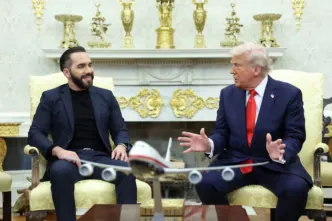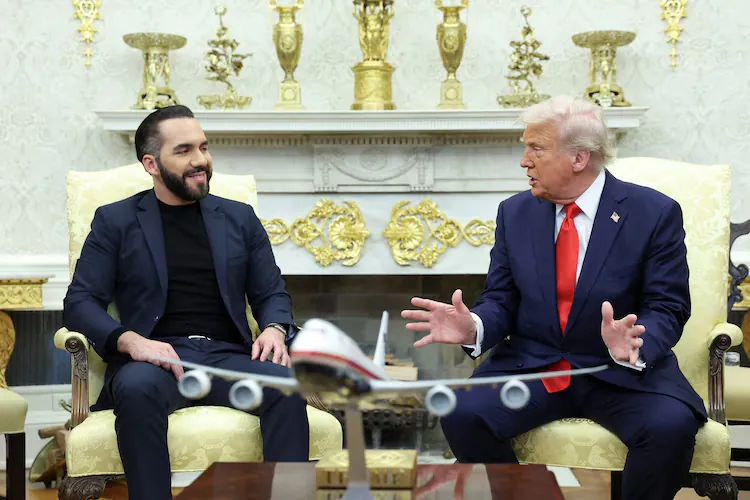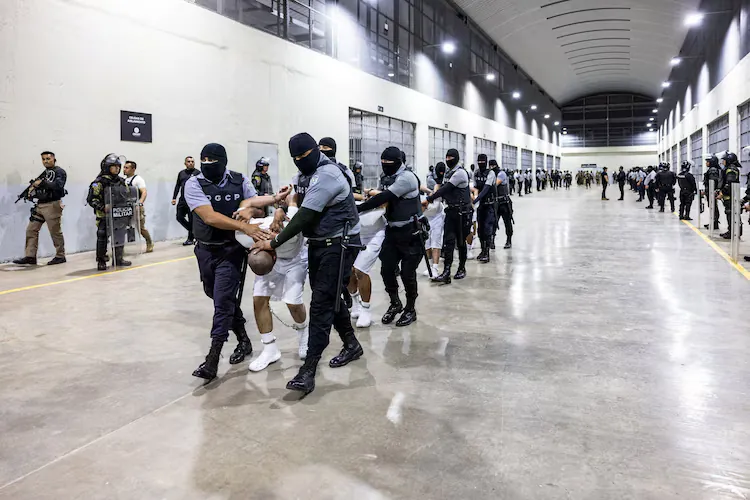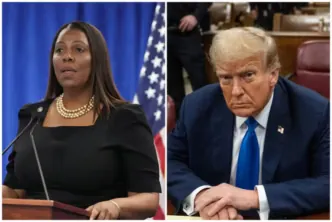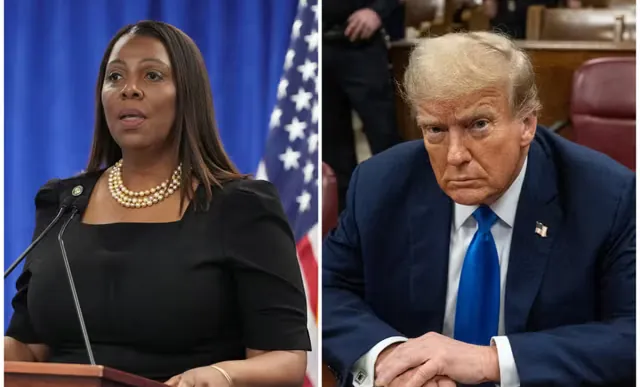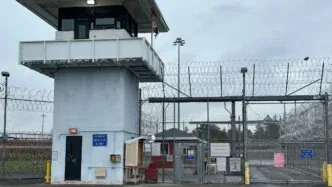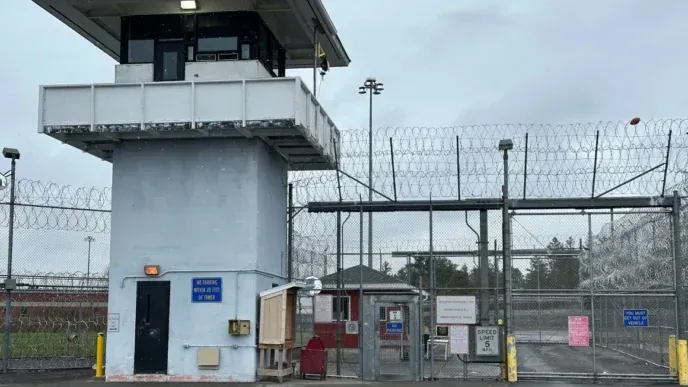President Donald Trump has suggested the possibility of transferring American citizens convicted of violent crimes to El Salvador’s CECOT mega-prison, a facility known for housing alleged gang members. During a recent meeting with Salvadoran President Nayib Bukele, Trump remarked, “If it’s a homegrown criminal, I have no problem,” indicating his openness to the idea. He further suggested that Bukele consider expanding prison capacity to accommodate these individuals.
Legal scholars and immigration attorneys have swiftly condemned the proposal, labeling it unconstitutional. David Leopold, former president of the American Immigration Lawyers Association, emphasized, “The United States is the home of United States citizens. And citizens cannot be deported, period.” Michael Gerhardt, a constitutional law professor at the University of North Carolina, added that multiple constitutional provisions prevent the president and attorney general from sending American criminals to foreign prisons.
Attorney General Pam Bondi acknowledged the legal complexities, stating that the administration is reviewing the laws to determine the feasibility of such actions. White House Press Secretary Karoline Leavitt echoed this sentiment, noting that it’s a legal question under consideration.
Amanda Frost, a law professor at the University of Virginia, warned that any attempt to deport American citizens to foreign prisons could violate the Eighth Amendment, which prohibits cruel and unusual punishment. She highlighted that sending citizens to facilities like CECOT, criticized for human rights abuses, would likely be deemed unconstitutional.
The case of Kilmar Abrego Garcia, a Salvadoran man wrongfully deported by the Trump administration, underscores the potential legal and ethical pitfalls of such policies. Despite court orders to facilitate his return, the administration has resisted, and El Salvador has declined to release him. This situation has intensified debates over executive power and adherence to the rule of law.
As discussions continue, legal experts maintain that deporting U.S. citizens to foreign prisons remains a non-starter, firmly rooted in constitutional protections.

